As we start a new year, uncertainties may cloud your thoughts regarding the incoming changes in the business landscape. You might ponder which sector will spearhead revolutionary breakthroughs, shattering old paradigms. Rest assured, you’re not alone in these contemplations—similar questions echoed through the corridors of the Linknovate team. In response, we’ve meticulously curated a comprehensive report unveiling the 50 startups you must watch in 2024: we have selected for you the most relevant players in their areas of expertise with our own scouting tool InnoScout.
The companies listed in the report are linked to recent innovation signals such as funding rounds, grants, publications and product launches. Moreover, they are all developing cutting-edge technology and leading disruptive innovation in key areas. To order to selected startups, we outlined five wider areas corresponding to key economic sectors, although many of them develop cross-industry solutions.
What follows is a sneak peek: if you want to check the full report, download it here.
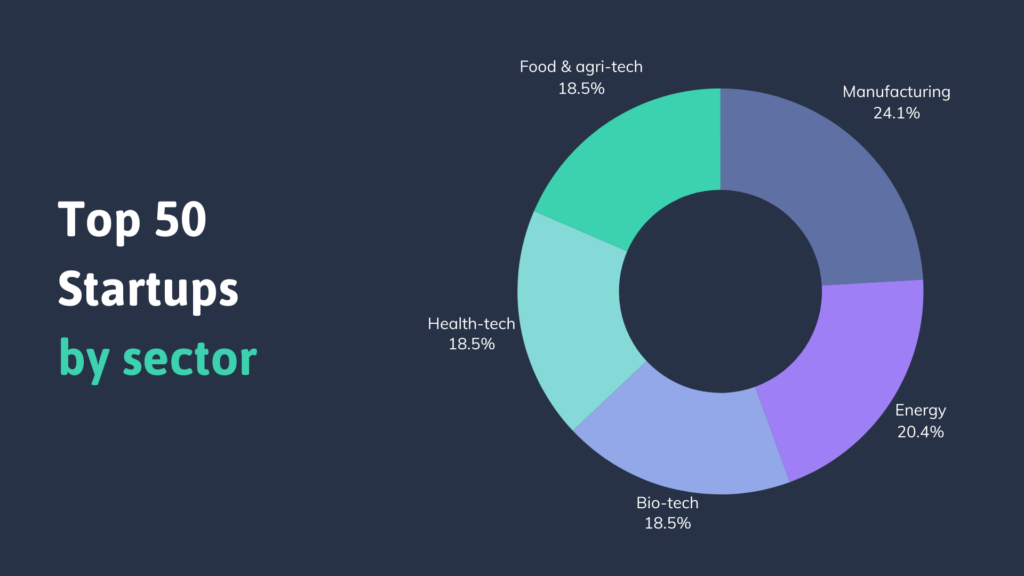
MANUFACTURING
Within the manufacturing sector, there are several startups you should keep an eye on in 2024. Among them are AMP Robotics, which is standing out with its robotics systems that sort recycling through AI-powered automation; Cailabs, a French deep tech company that designs, manufactures and sells photonics products for space, industry (laser machining), telecommunications, and defense; or Chip Flow, an open-source semiconductor chip design platform whose mission is to Nables electronic OEMs with no existing semiconductor design teams to design their own ICs.
We can also highlight Fairphone, a master in DIY working on developing ethical and sustainable consumer electronics, including modular smartphones and other devices, and Ioniqa Technologies, a clean-tech spin-off specialized in creating value out of plastic waste by using its proprietary circular technology.
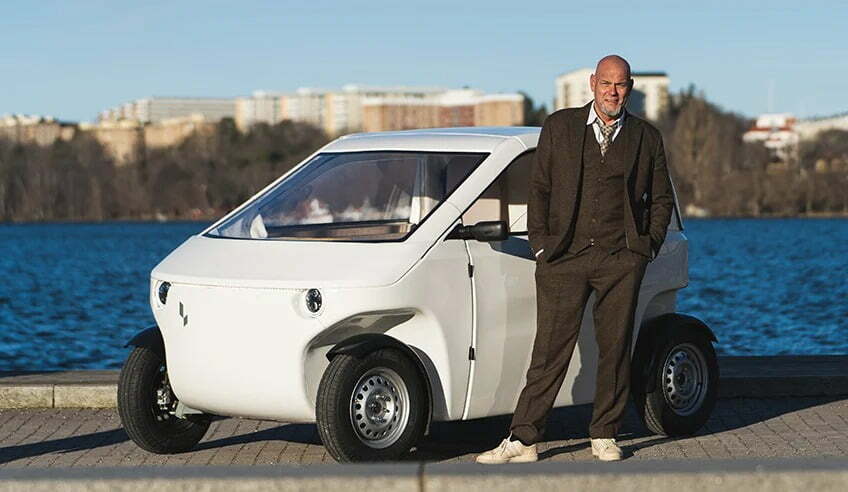
Maybe, one of the most eye-catching startups is Luvly, which has developed the Luvly O, an electric microcar whose parts will be shipped to micro-factories near customers’ homes, reducing shipping emissions and costs. Niron Magnetics is another highlighting startup: as a spinoff from the University of Minesota, it has evolved a proprietary process to manufacture high-performance magnets without relying on rare earth minerals.
Pickle also stands out in the sector, as a leading manufacturer in truck-unloading robotics. Nor should you lose sight of Quobly, a French startup founded in 2022 to develop and commercialize a universal, large-scale, fault-tolerant quantum processor, using tried-and-true semiconductor industry procedures; or Sereact, which is combining large language models and robotics to create a ChatGPT-like robot to automate pick-and-pack processes in warehouses and manufacturing.
Finally, closing the sector, there are three startups that are expected to break with all of the above in 2024, differentiating themselves from the competition. First one is Saeki Robotics, a Robot-as-a-Service startup aiming to create automated, flexible, lights-out micro-factories offering demand 3D printings. Next one, Tvarit, is a provider of a technology called TVARIT Industrial AI, an industry-specific hybrid AI solution targeted to help machine operators reach more productivity while reducing energy costs. Last but not least, UP Catalyst is a green technology startup which focuses on turning greenhouse gas CO2 into carbon nanomaterials and graphite to employ them in a range of applications from electric car batteries to concrete and biomedicine.
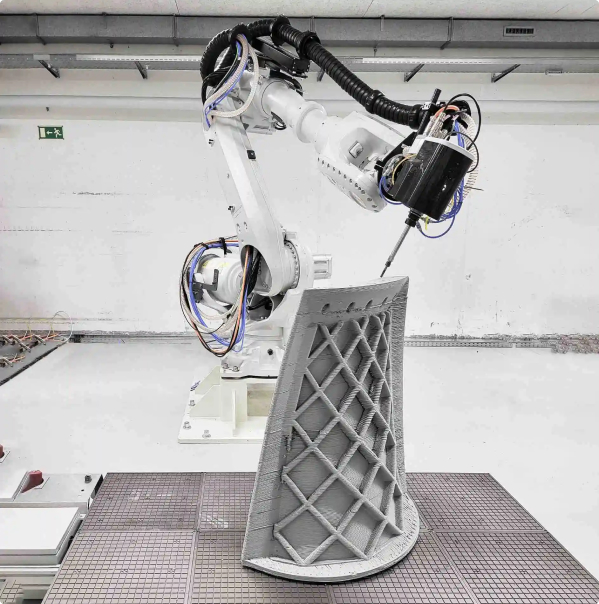
ENERGY
In the energy sector, we highlighted a total of 11 startups whose production is aimed at guiding the current landscape towards a cleaner and more sustainable future. Allye is positioned in this context as an energy startup, which is working to accomplish grid resiliency, developing self-learning energy storage connected to the grid via cloud. It is followed by Bloom Biorenewables, a Swiss startup that converts plant materials such wood and straw into molecules that can replace fossil fuels through a biomass pre-treatment patented process; CarbonCure, which is beginning to position itself as a leading provider of carbon removal technologies for the concrete industry; and Enpal, an innovative startup offering flexible solar panel rental and buying options for residential homeowners in Germany who want to generate their own solar energy.
This group also includes Dioxylce, a carbon transformation company developing a groundbreaking process to produce ethylene using recycled carbon emissions; H2 Green Steel, which operates a steel production plant to accelerate the decarbonization of the steel industry through the development of green hydrogen; Infravision, an Australian startup that is specialized into aerial robotics and software solutions that increase grid capacity and automate power line construction; or Kvasir Technologies, a cleantech company that owns a technology which converts plants biomass into a 1:1 substitute for fossil marine fuel in sustainable and scalable way.
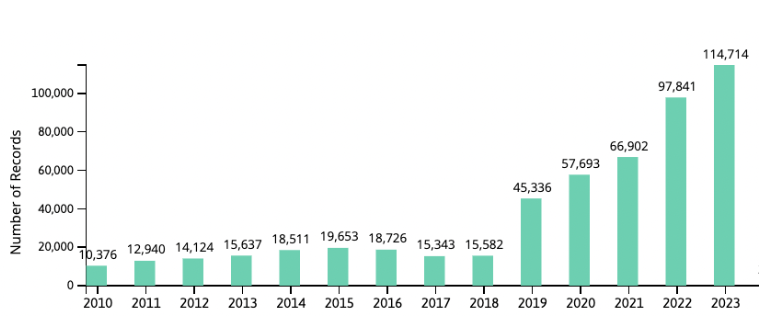
Source: Linknovate
Sunfire, on the other hand, is an electrolysis company that designs and manufactures systems to produce renewable industrial gas and fuel. WasteFuel also positioned itself as a LA-based biofuels company that sources its waste from municipalities and waste management companies to produce bio-methanol via anaerobic digestion. Finally, ZeroAvia closes this group as a startup specializing in the creation of aircraft systems that combine hydrogen and electricity.
BIOTECH AND PHARMA
Biotech and Pharma sector are evolving landscapes, so startups in these sectors must constantly innovate to stand out from their competitors. Arda Biomaterials is one of them, a UK startup that is creating leather from brewery waste, bringing advances in the development of circular economy turning the waste barley grain into a novel material called New Grain. Cellevate also stands out as a biotech company that develops next-generation cell culture systems based on a proprietary nanofiber with the potential to revolutionize upstream bioprocessing from R&D to commercial manufacturing.
In this sector, we mention CH Bioforce, that is providing the world’s only tech which gently extracts all of the main components of biomass in one process; Colossal Biosciences, a genetic engineering, de-extinction startup that wants to bring back lost species like the dodo or the woolly mammoth; Core Biogenesis, a biotechnology company which is building next-generation recombinant protein production technologies; or Graphyte, a company that transforms agricultural waste, such as sawdust or tree bark, into dense carbon bricks, which are sealed using a proprietary polymer barrier and securely stored underground.
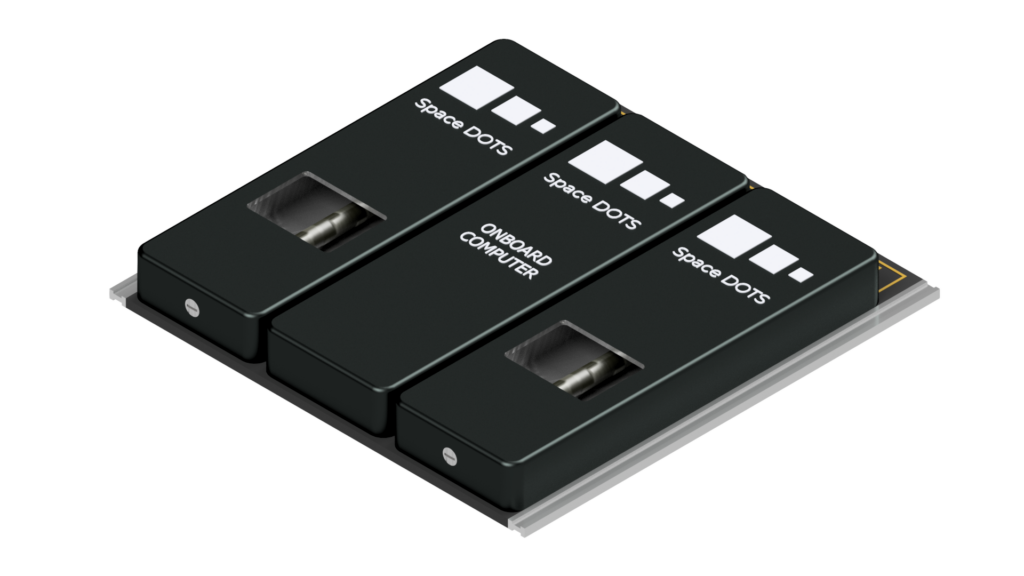
Ovagen and Space Dots are two startups that we also must highlight in this list. The first one is a biotechnology company that produces germ free (GF) chicken eggs and birds to use primarily in the pharma industry. On the other hand, Space Dots is a UK startup developing a miniature, smartphone-sized lab for space that allows a faster, cheaper, and simpler qualification of advanced materials in any space environment.
Closing the sector, Tilt Biotherapeutics and Santero Therapeutics are two companies that are also achieving a high positioning in biotech and pharma, the former standing out for its work in the area of enabling tumor T-cell therapy with oncolytic viruses, and the latter for challenging the rise of multidrug resistant bacteria.
HEALTH-TECH
As startups related to the health-tech sector, six were selected that are completely revolutionizing everything known so far. These innovative companies are CMR Surgical, Galen Robotics, Kriba, Mendaera, Optain and Precision Neuroscience.
The first is a leading medical technology company focused on transforming surgery through the development of innovative robotic systems. The second, Galen Robotics, is developing medical robots that can be a useful help in operating rooms in various procedures. Kriba is a medical device company developing non-invasive technology for detection and monitoring of infections in serous body fluids, with a focus on infant meningitis, thanks to quick, easy and cost-effective solutions.
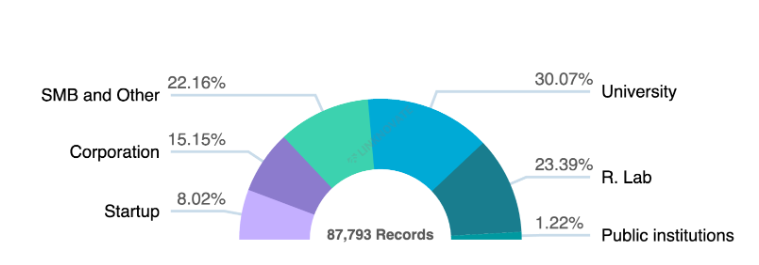
Source: Linknovate
Mendaera is the creator of a collaborative robotic system that merges real-time imaging, AI and robotics to help doctors and nurses lead accurate and dependable procedures more easily. Optain is also working with AI, specializing in retinal imaging for disease diagnosis. Finally, Precision Neuroscience is an engineering company working on a microelectrode that reads electrical signals from the brain and could help patients with motor paralysis operate digital devices using only neural inputs.
FOOD-TECH AND AGRI-TECH
Food and Agri technology are also driving sectors for innovative trends we should keep an eye on this 2024. One of them is Arkeon, an Austrian startup that captures CO2 from industry and converts inorganic gasses into organic food. Another is AtmosZero, which developed a 650-kilowatt pilot boiler system to decarbonize brewery.
This sector list also includes Constellr, a pan-European tech company that is pioneering the use of thermal infrared microsatellites for global land surface temperature monitoring; Farmless, which aims at reversing climate change by cultivating selected microorganisms capable of thriving on renewable energy-based feedstocks; Formo, a cell-ag company developing animal-free dairy products through precision fermentation; and Neoplants, a French startup which is designing genetically modified houseplants so that they can absorb indoor air pollutants.
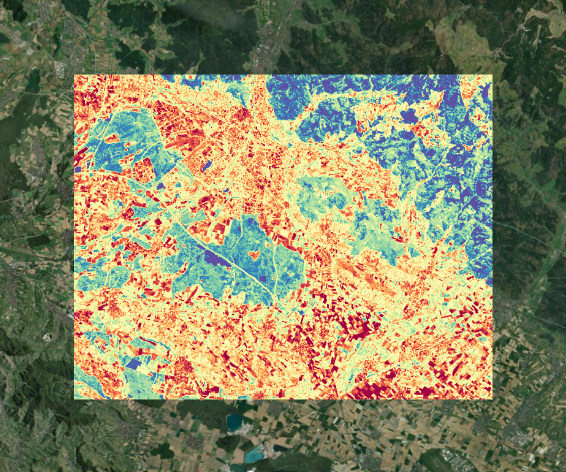
Notco emplys AI and ML to reverse engineer animal products and recreate them with plants: they basically help companies discover which ingredients to use to mimic the taste, appearance, and texture of the animal-derived foods they want to replace. Quazy Foods is also working on alternative proteins, using microalgae as a sustainable, high-quality food source.
Finally, don’t forget to check RipeLocker and ¨Ynsec this 2024. The first one is developing sustainable technology for preserving the freshened and ripeness of food and flowers. ¨Ynsec is gaining popularity for their circular model of insect-based products manufacturing, through which they transform insects’ dejections generated from their insect-based protein production lines into a natural fertilizer.
Wrapping up this report of 50 startups destined to shape the business landscape in 2024, it’s clear that innovation knows no bounds. From revolutionary technologies to groundbreaking services, each of the startups on this list is a clear candidate to break with all that has gone before this year, so keep an eye on these pioneers and keep an eye on how their ideas become impactful realities. The future belongs to those who dare to dream and innovate, and with these startups leading the way, we are in for an exciting and transformative journey.
This study has been led under the project “Intelligent text mining methods for radical search improvement in Technology Watch” (2021/C005/00150574) funded by The Ministry of Science (MCIN/AEI/10.13039/501100011033) and the European Union (NextGenerationEU/PRTR).






